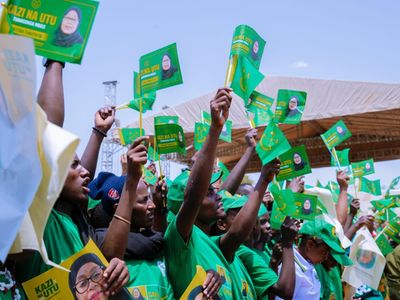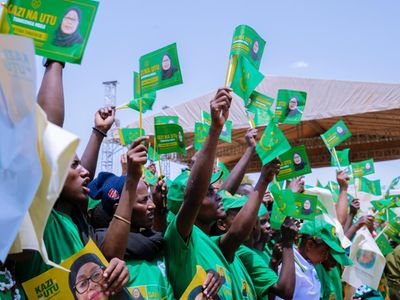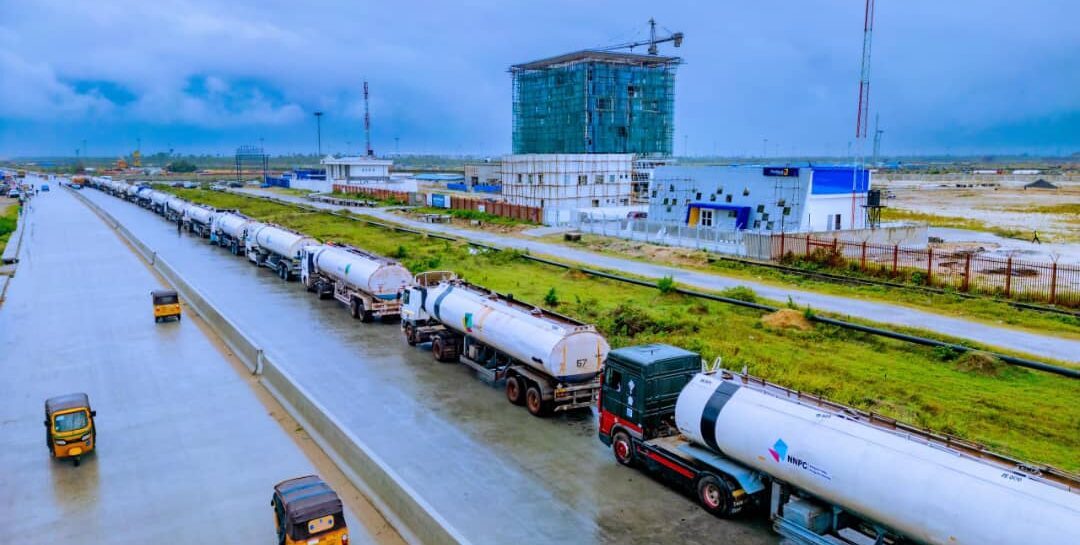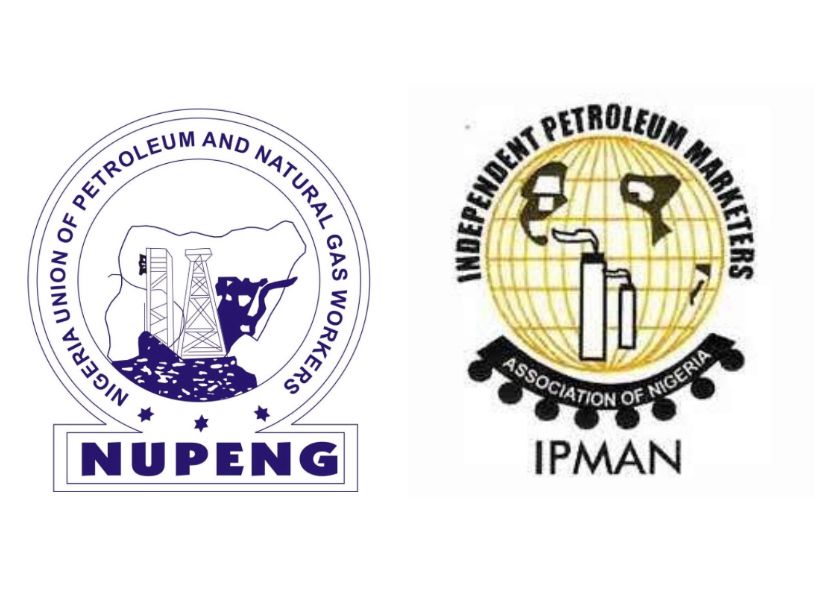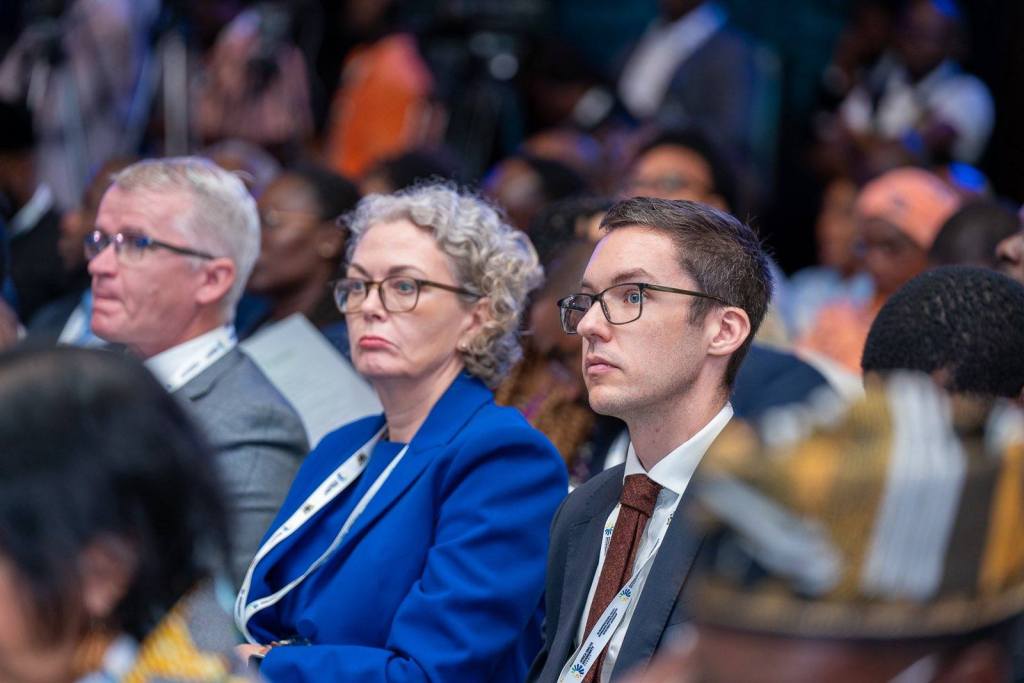
A high-level continental summit aimed at reshaping Africa’s role in global health governance has ended in Accra, with strong calls for a shift from dependency to autonomy in how African nations manage health systems and respond to future pandemics.
The Africa Health Sovereignty Summit, held at the invitation of the Government of Ghana and supported by the Ministry of Health, convened African Heads of State, global health actors, policymakers, and development partners under the theme: “The Accra Initiative: African Health Sovereignty in a Reimagined Global Health Architecture.”
In his address, President John Dramani Mahama said Africa must transition from being a passive recipient of aid to becoming a proactive leader in shaping its own health future.
“We are called to build systems that do more than respond to crises—we must build systems that generate resilience, produce equity, and amplify dignity,” the President said, calling for an inclusive health architecture that responds to the continent’s needs and innovations. He stressed that the time had come to build health systems that promote resilience, equity, and dignity beyond just crisis response.

President Mahama announced that Ghana had uncapped financing for the National Health Insurance Scheme, unlocking approximately GHC3.5 billion in fiscal space to deepen health coverage. He also launched the Ghana Medical Trust Fund to pool public, private, and philanthropic capital in tackling chronic disease burdens such as hypertension and diabetes.
“We have launched the Ghana Medical Trust Fund—a sovereign innovation mobilising public, private, and philanthropic capital to tackle chronic disease burdens like hypertension and diabetes,” he added.
Additionally, he revealed that Ghana would soon roll out a Primary Health Care Programme, supported by the recruitment of community health volunteers to enhance preventive care and improve wellness at the grassroots.
Health Minister, Kwabena Mintah Akandoh, speaking at the summit, noted that Africa’s health agenda must no longer rely on goodwill from foreign partners but should instead be grounded in domestic capacity, wise investment, and regional solidarity.

He said health sovereignty must be understood not as isolation but as the ability to make and own binding decisions that affect the lives of citizens. He underlined the central role of health in national resilience, economic competitiveness, and rural development.
“That is what we mean by health sovereignty. Not isolation, but the ability to make binding decisions, deploy domestic capacity, and exercise leadership over the systems that determine whether our people live or die.
“The quality of our health systems determines whether pandemics destabilise us or we stand firm. Whether our children survive infancy. Whether our economies can compete,” he said. “Health is an economic imperative, a security investment, and a sovereignty issue,” he said.

The summit concluded with the adoption of a collective African vision for a more equitable global health order. Stakeholders held panel discussions and technical working sessions to produce a roadmap that places African leadership and decision-making at the centre of health governance.
The forum is expected to spark new investments, policy reforms, and cross-border collaborations to strengthen systems and ensure Africa is better prepared for future threats.
The post Africa must be the architect of its own health destiny – Prez Mahama appeared first on The Herald ghana.

